Best Seasons for Foundation Repairs
Foundation repairs are most effective when performed during specific weather conditions and seasons. Optimal timing ensures better curing, reduced risk of complications, and longer-lasting results. Understanding the ideal periods for repairs can help homeowners plan accordingly and avoid delays caused by unfavorable weather.
Spring offers moderate temperatures and less extreme weather, making it suitable for foundation work. Soil conditions are typically stable, reducing the risk of shifting during repairs.
Summer provides longer daylight hours and warmer temperatures, which can facilitate curing processes. However, high humidity and rainstorms may cause delays.
Fall is an ideal time due to cooler temperatures and reduced rainfall. Soil moisture levels are often optimal for foundation stabilization and repair.
Winter is generally less suitable for foundation repairs due to freezing temperatures, frozen ground, and snow, which can hinder excavation and curing.
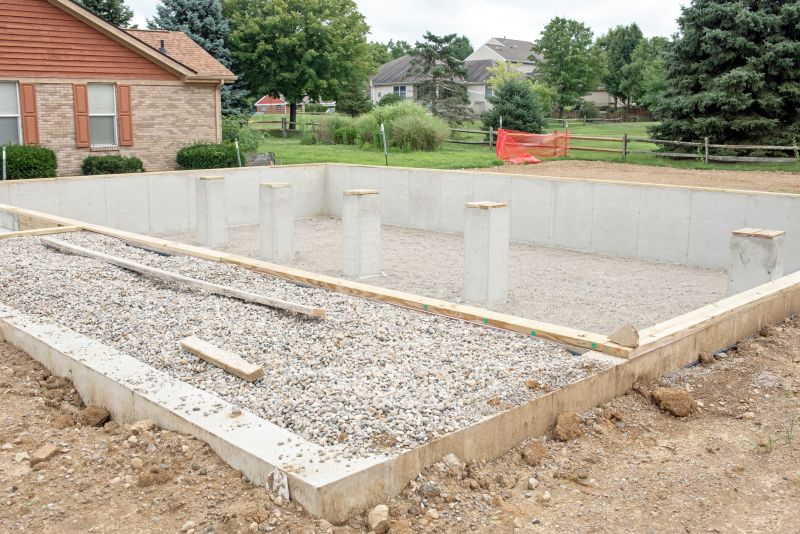
Spring soil conditions are ideal for foundation stabilization and repair projects.
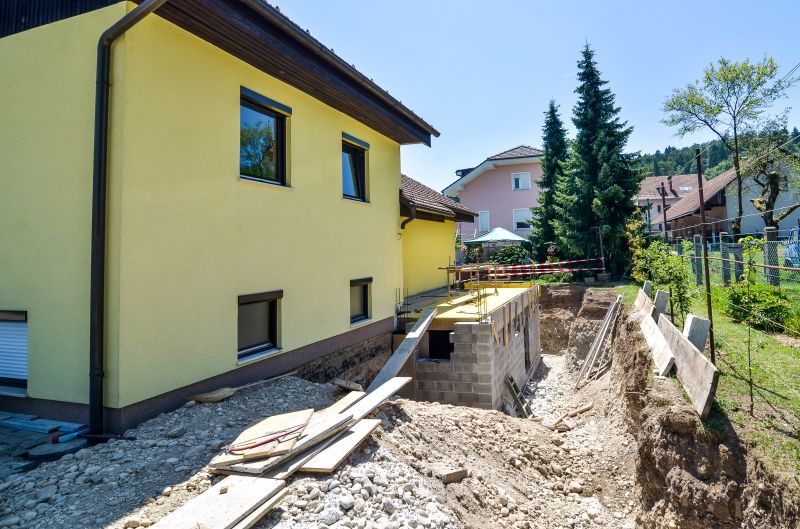
Warm summer months support curing but require monitoring for weather delays.
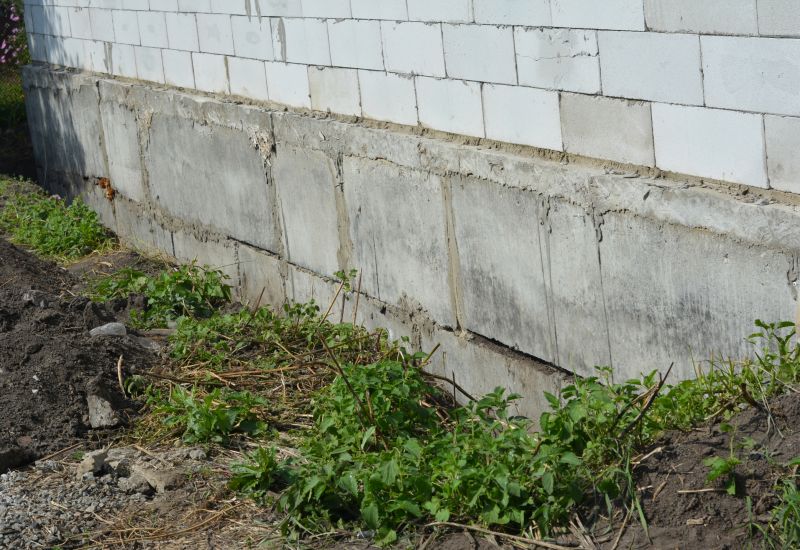
Fall offers favorable weather for foundation stabilization and repairs.
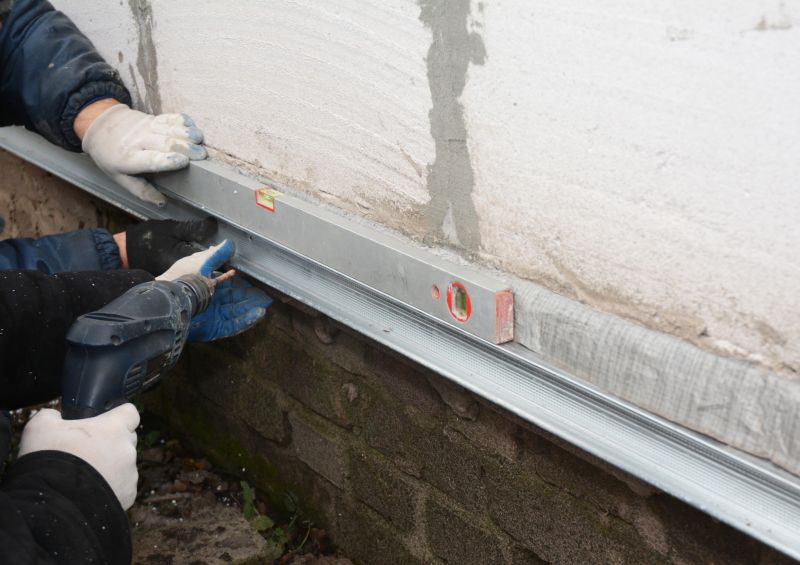
Ways to make Foundation Repairs work in tight or awkward layouts.
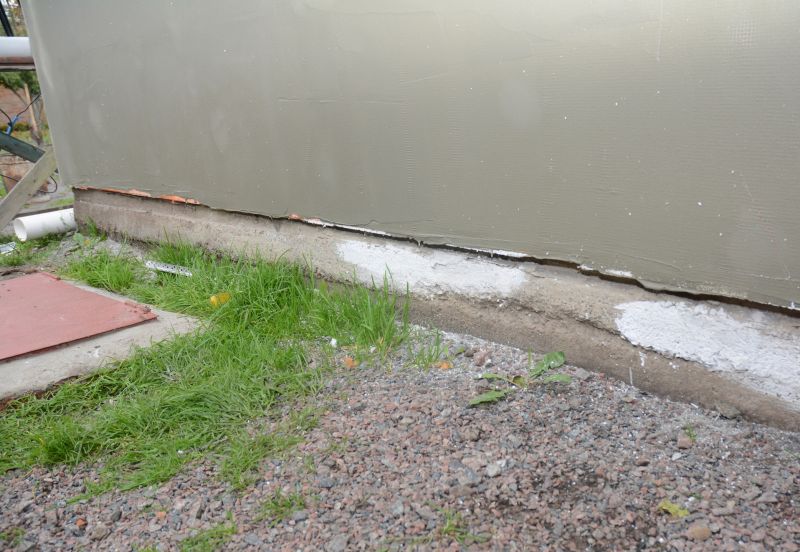
Popular materials for Foundation Repairs and why they hold up over time.
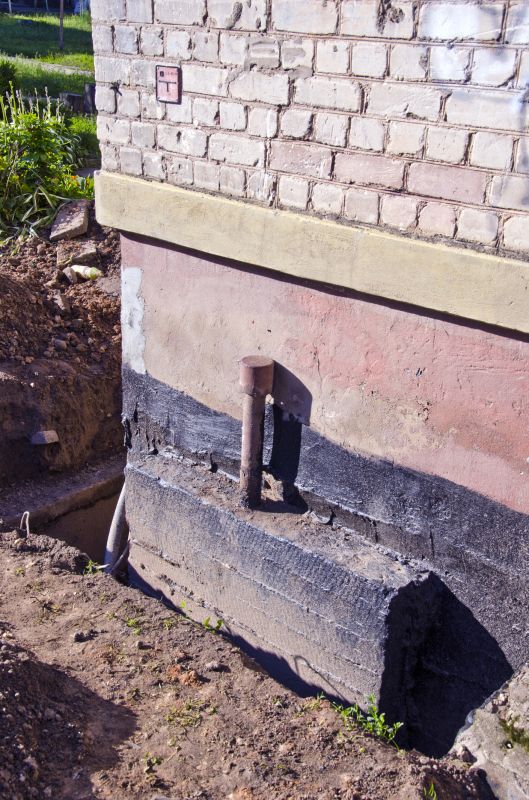
Simple add-ons that improve Foundation Repairs without blowing the budget.
| Season | Ideal Conditions |
|---|---|
| Spring | Moderate temperatures, soil stability, less rain |
| Summer | Warm temperatures, longer daylight, monitor humidity |
| Fall | Cooler temperatures, reduced rainfall, optimal soil moisture |
| Winter | Freezing temperatures, frozen ground, snow |
Foundation repairs involve addressing issues such as settling, cracking, and shifting that compromise the structural integrity of a building. Proper timing ensures that repairs are effective and durable. Soil conditions, weather patterns, and temperature fluctuations influence the success of foundation stabilization efforts. In Milwaukee, Wisconsin, late spring through early fall typically presents the most suitable conditions for foundation work, minimizing delays and ensuring optimal curing.
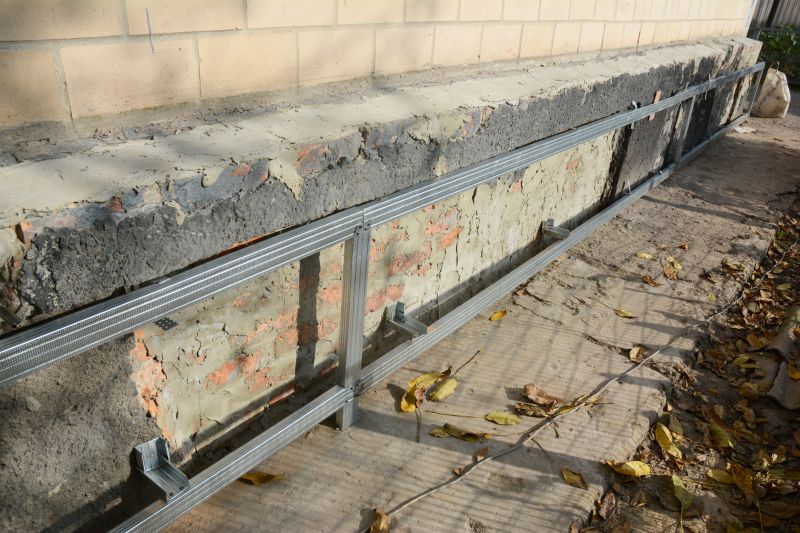
A comprehensive approach includes soil stabilization, underpinning, and crack repair.
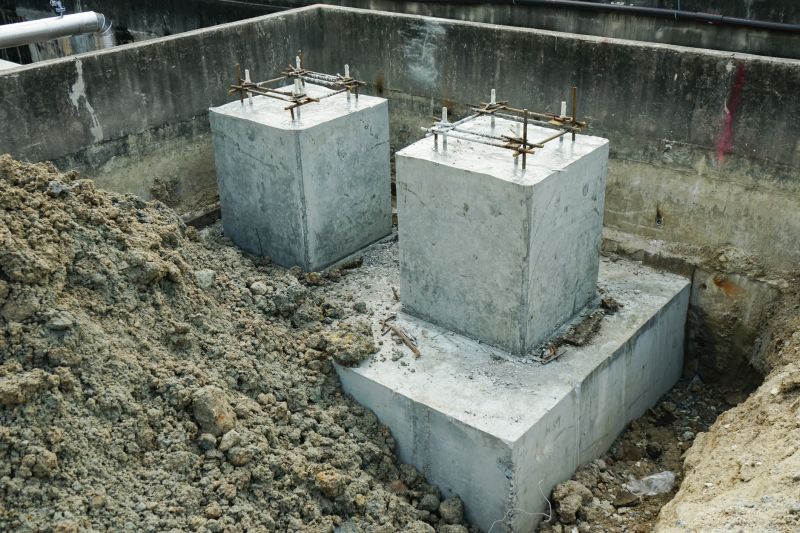
Methods such as piering and underpinning restore stability to affected foundations.
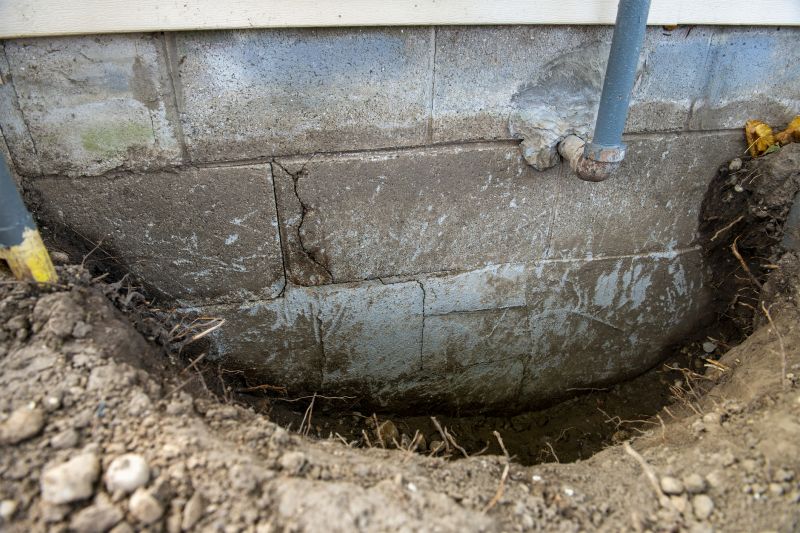
Sealing and filling cracks prevent further damage and improve structural integrity.
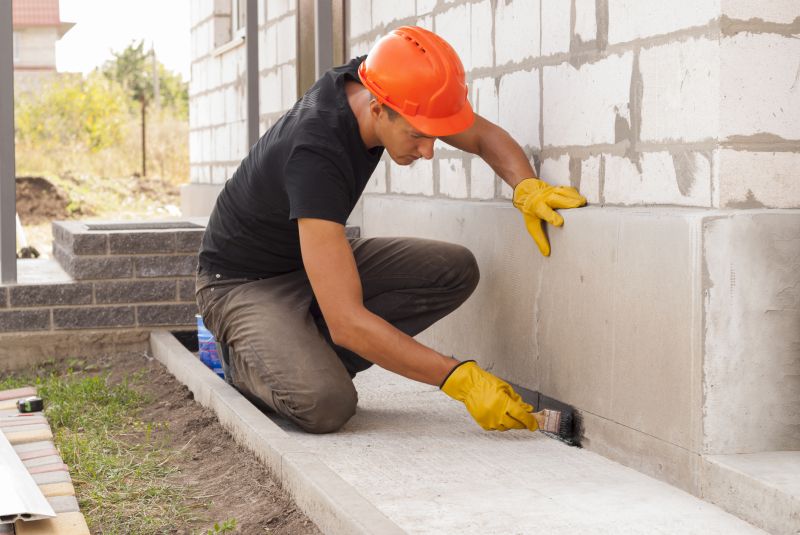
Professional assessment identifies issues and determines the best repair timing.
Timely foundation repairs are crucial for maintaining the safety and value of a property. Delaying repairs can lead to more extensive damage, higher costs, and safety concerns. Homeowners should monitor signs of foundation issues and consult professionals to determine the best time for repair work based on seasonal conditions and soil stability.
Cracks in walls, uneven floors, and sticking doors may indicate foundation problems.
A qualified inspection helps determine the severity and appropriate timing for repairs.
Regular assessments and timely repairs extend the lifespan of a foundation.
For those considering foundation repairs in Milwaukee, Wisconsin, planning repairs during the late spring or early fall can lead to better outcomes. Proper timing, combined with expert assessment, ensures the stability and safety of the structure for years to come. Interested property owners are encouraged to contact professionals to discuss repair options and schedule work during the most suitable season.

